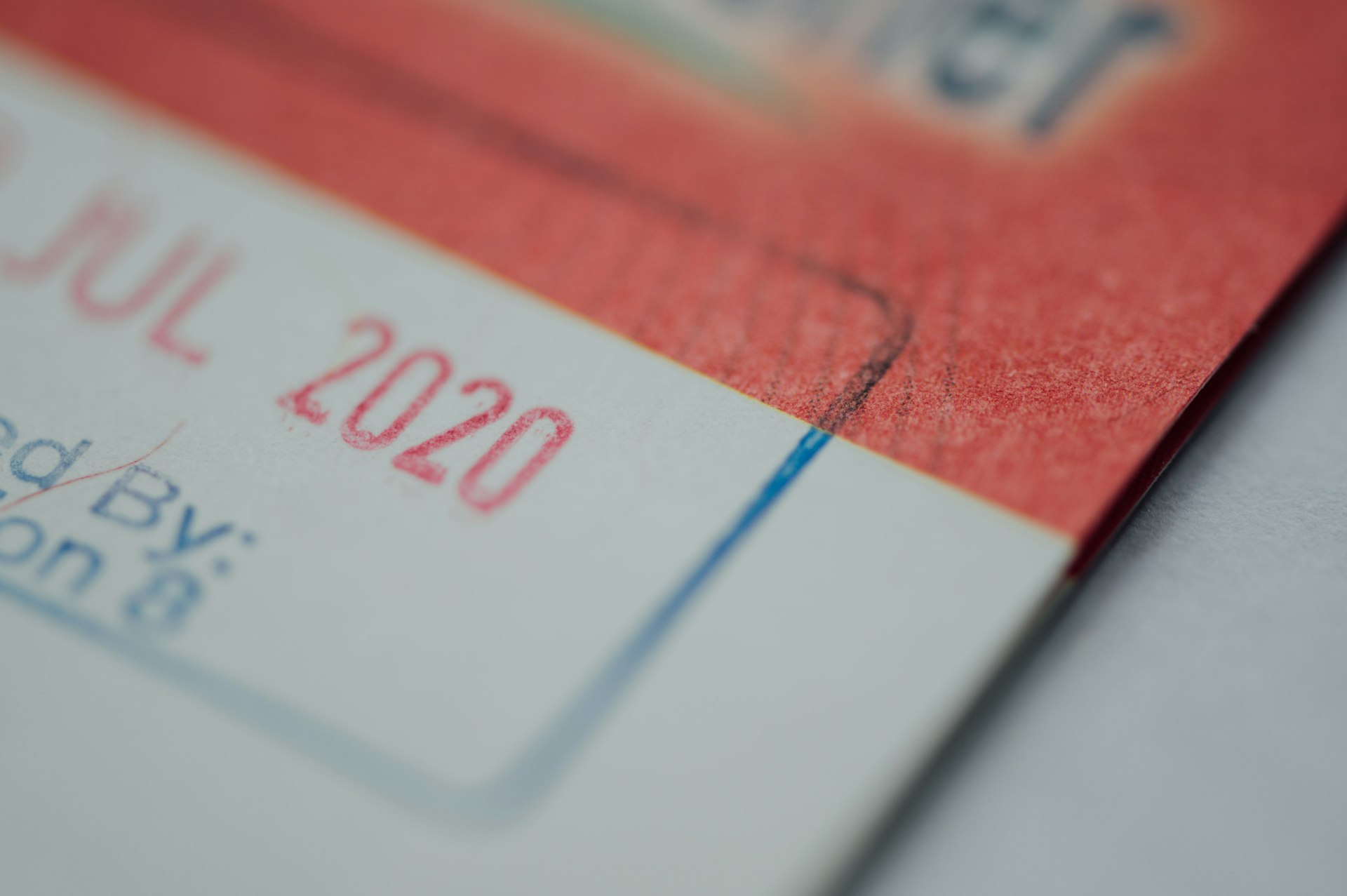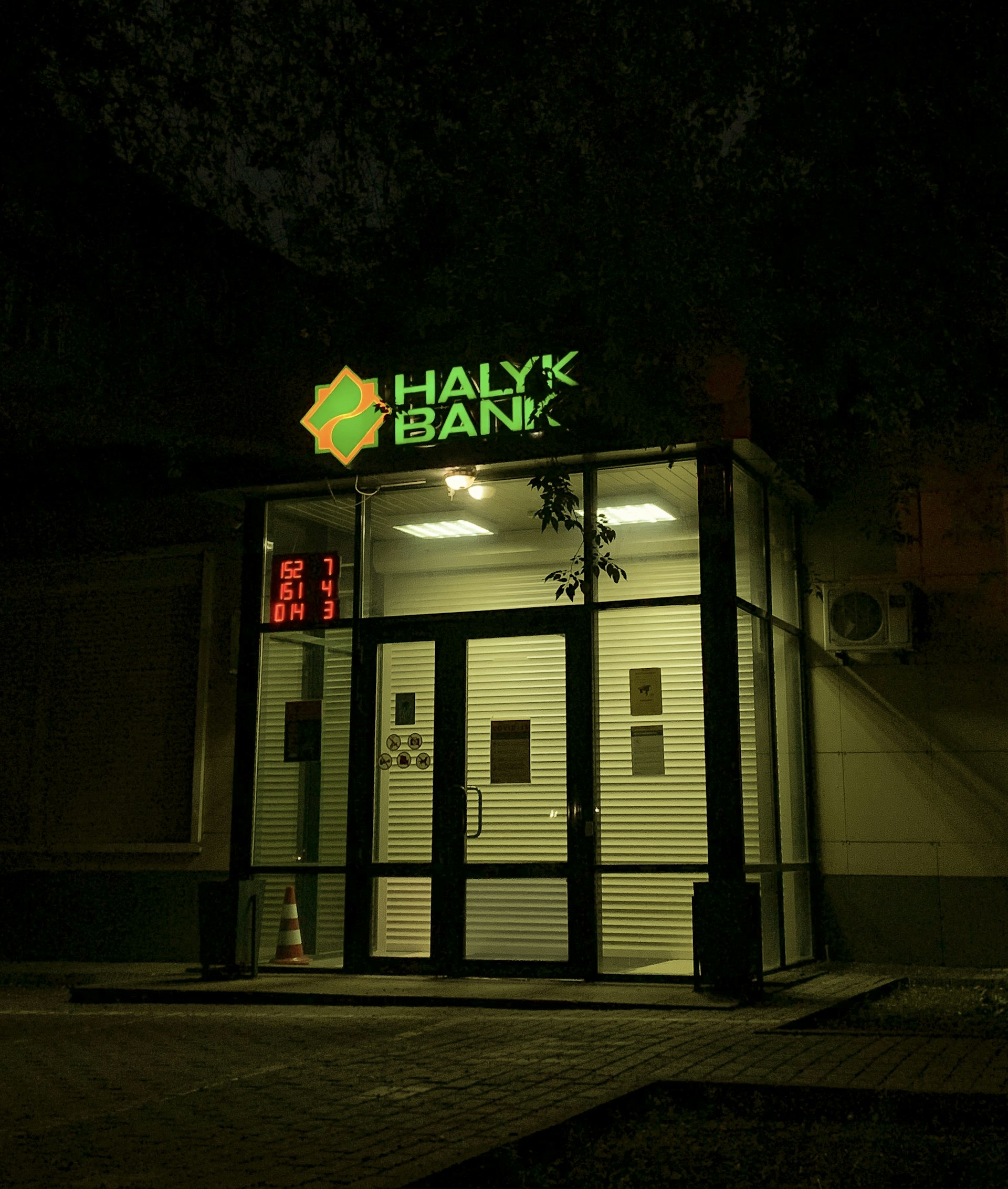Unlocking Liquidity and Transparency: The Real-World Benefits of Real Estate Tokenization with Blockchain

Photo by Markus Winkler on Unsplash
Introduction: Rethinking Real Estate Investment with Blockchain
The real estate industry has long been characterized by high entry barriers, a lack of liquidity, and complex, time-consuming transactions. Blockchain-based tokenization is rapidly changing this paradigm, offering both investors and developers much-needed flexibility, transparency, and efficiency. This article explores the transformative benefits of real estate tokenization using blockchain technology, providing actionable guidance for those interested in leveraging these advancements.
What Is Real Estate Tokenization?
Real estate tokenization is the process of representing ownership of a property-or a share of it-by digital tokens recorded on a blockchain. Each token stands for a portion of the underlying asset, allowing for fractional ownership and enabling tokens to be bought, sold, or traded much like stocks or other securities. The tokens are secured and tracked using blockchain, which ensures immutability and transparency throughout the lifecycle of the investment [3] .
Benefit 1: Increased Liquidity Through Fractional Ownership
Traditionally, real estate is an illiquid asset-properties can take months or even years to sell, and large capital outlays are required for ownership. Tokenization breaks down these barriers by dividing properties into digital tokens that can be easily traded, often in smaller denominations. This means that both developers and everyday investors can participate in the market with far less capital, and assets can be bought or sold much more quickly [1] , [2] . Platforms using tokenization have demonstrated that properties can be divided into thousands of tokens, each representing a small share of the asset.
Example: A luxury apartment building worth $10 million can be tokenized into 10,000 tokens valued at $1,000 each. Investors can purchase as little as one token, broadening access and enabling secondary market trading.

Photo by Brunno Tozzo on Unsplash
To participate, interested parties typically register with a regulated platform specializing in real estate tokenization. You may need to complete identity verification and comply with local securities laws before purchasing tokens representing a share of your chosen property.
Benefit 2: Enhanced Transparency and Security
One of blockchain’s greatest strengths is its transparency. Every transaction is recorded in a tamper-evident, immutable ledger, providing a clear and auditable history of ownership and transfers. This removes ambiguity, reduces the risk of fraud, and increases trust among investors [3] , [2] . Additionally, ownership disputes can be resolved more efficiently because the blockchain serves as the ultimate source of truth.
For example, once a token representing a share in a property is transferred, the blockchain automatically updates the ownership record, preventing disputes and ensuring all parties have access to accurate information. For those considering tokenized real estate investments, always verify that the platform uses a reputable, public blockchain and provides clear, immutable records for all transactions.
Benefit 3: Lower Transaction Costs and Streamlined Processes
Traditional real estate transactions involve multiple intermediaries-brokers, lawyers, title companies, and banks-each adding extra costs and delays. Blockchain-based tokenization leverages smart contracts to automate many of these roles, reducing the need for third-party involvement. This leads to significant savings in both time and money [3] , [1] .
Smart contracts can automatically execute functions such as transferring ownership, distributing rental income, and validating transactions, all without manual intervention. For instance, upon meeting predefined conditions, a smart contract can release funds to the seller and update the token’s ownership instantly. This process significantly reduces errors and the potential for delays. To get started, you can search for “real estate tokenization platforms” and review their onboarding guides for practical steps to participate.
Benefit 4: Broader Market Access and Global Reach
By digitizing property ownership, tokenization opens real estate investment to a much larger and more diverse pool of investors worldwide. Unlike traditional models, which are often restricted by geography, tokenized assets can be purchased and traded across borders, subject to local regulations [1] , [3] . This global reach increases demand and can contribute to higher property valuations.
For developers, this means raising capital from a wider array of sources. For investors, it offers opportunities to diversify portfolios with properties in different regions. To access these opportunities, consider platforms with international listings and ensure you understand any cross-border compliance requirements, such as tax obligations and securities regulations.
Benefit 5: Simplified Asset Management and Greater Information Exchange
Managing real estate often involves large amounts of paperwork and coordination among multiple parties. Blockchain-based tokenization enables the aggregation of all relevant property documents and data into a single digital record, associated with the token itself. This reduces administrative overhead and minimizes the risk of errors or lost documents [5] .
Dynamic NFTs (non-fungible tokens) can automatically update ownership and asset metadata upon each transaction, ensuring that information about the property remains current and accessible. This streamlines record-keeping and compliance, and in the future, could enable new applications such as digital property management and automated tax reporting. For practical implementation, inquire with tokenization platforms about how they manage and update property metadata, and review their documentation standards.
Benefit 6: New Revenue Models and Recurring Income Streams
Tokenization introduces innovative ways for property owners and investors to generate recurring revenue. For example, when tokenized property shares are traded, a small settlement fee may be automatically collected and distributed to the platform or the original property owner. Additionally, income generated from the property-such as rent or profit from operations-can be programmed to be automatically distributed to token holders via smart contracts [2] , [3] .
To benefit from these models, investors need to review token documentation and smart contract terms carefully, confirming how income is distributed and what fees apply to trades or transfers. If you are a property owner, consult with tokenization service providers to understand how to structure your tokens for maximum revenue efficiency.
Implementation: How to Get Started with Real Estate Tokenization
If you are interested in tokenizing real estate or investing in tokenized properties, follow these steps:
- Research and select a regulated, reputable platform specializing in real estate tokenization. Look for reviews, case studies, and regulatory compliance information.
- Complete the platform’s onboarding and identity verification process.
- Review available properties and their associated token structures, including smart contract details and fee schedules.
- Understand the legal, regulatory, and tax implications in your jurisdiction. You may wish to consult a legal advisor familiar with blockchain-based real estate transactions.
- Participate in offerings by purchasing tokens representing a share of a chosen property. Monitor your investments via the platform’s dashboard, and keep abreast of updates or changes in local regulations.
Developers and property owners can benefit by partnering with experienced tokenization providers. Carefully evaluate platform security, compliance capabilities, and investor outreach to maximize the value of your tokenized assets.
Potential Challenges and Solutions
While blockchain-based tokenization offers many benefits, there are also important challenges to consider, such as regulatory uncertainty, market adoption hurdles, and technological complexity. To navigate these issues:
- Stay informed about local and international regulations regarding digital assets and securities.
- Ensure robust cybersecurity practices are in place to protect tokenized assets from breaches.
- Educate potential investors and stakeholders about the mechanics and benefits of tokenization.
- Leverage platforms with a proven track record and established compliance frameworks.
Alternative approaches, such as using permissioned blockchains or working with established financial institutions, may help address compliance and integration challenges for larger or more conservative organizations.
Summary and Next Steps
Blockchain-driven real estate tokenization offers a powerful toolkit for increasing liquidity, transparency, efficiency, and global accessibility in property markets. Both investors and developers stand to benefit, but successful participation requires careful research and attention to regulatory and technical details. To explore available opportunities, search for “real estate tokenization platforms” and review their educational resources, or consult with a real estate attorney specializing in digital asset transactions.
References
- [1] RedSwan (2023). The Benefits of Tokenization for Real Estate Developers.
- [2] Amazon Web Services (2023). An Introduction to Real Estate Tokenization on AWS.
- [3] Hedera (2024). Real Estate Tokenization: Transforming Property Investment.
- [4] EY (2023). Tokenization – From Illiquid to Liquid Real Estate Ownership.
- [5] Emurgo (2023). Tokenizing Real Estate: Benefits & Challenges to Consider.
MORE FROM discountdiscover.com













